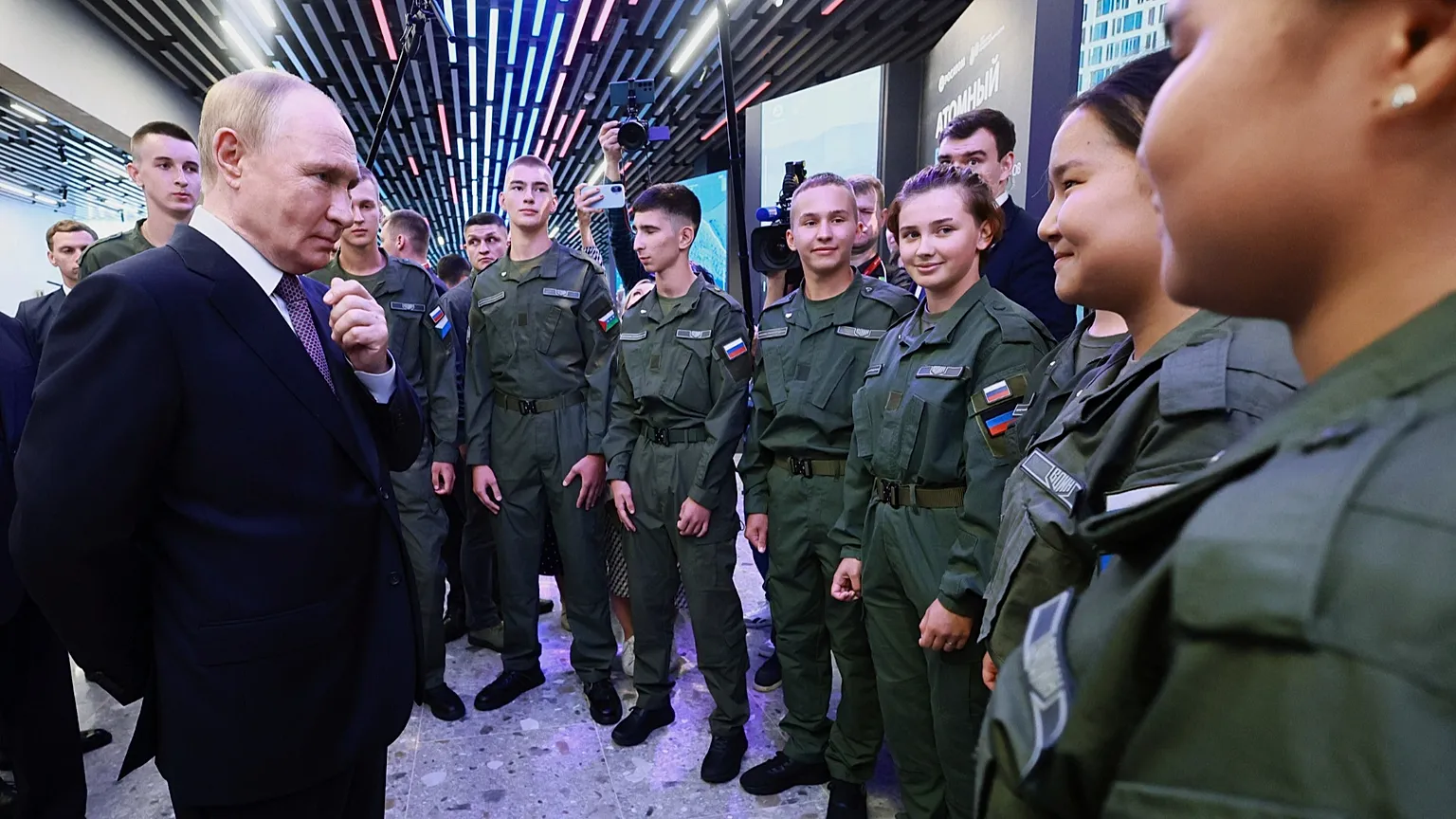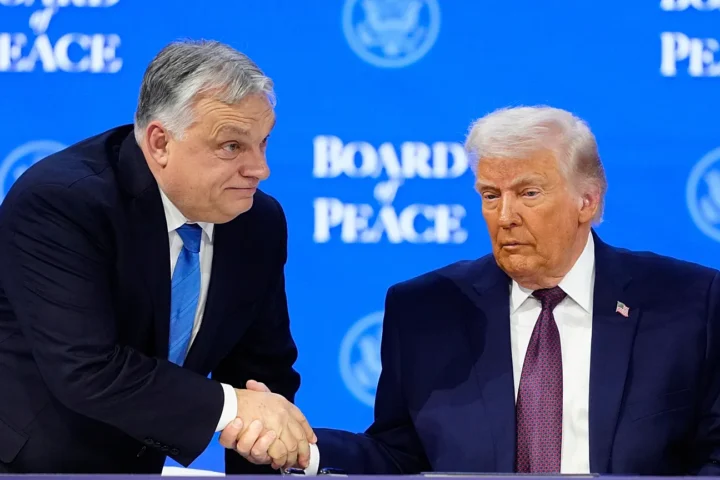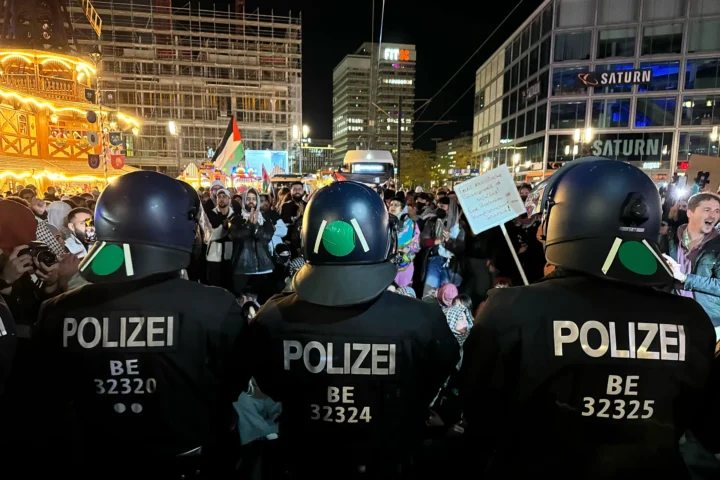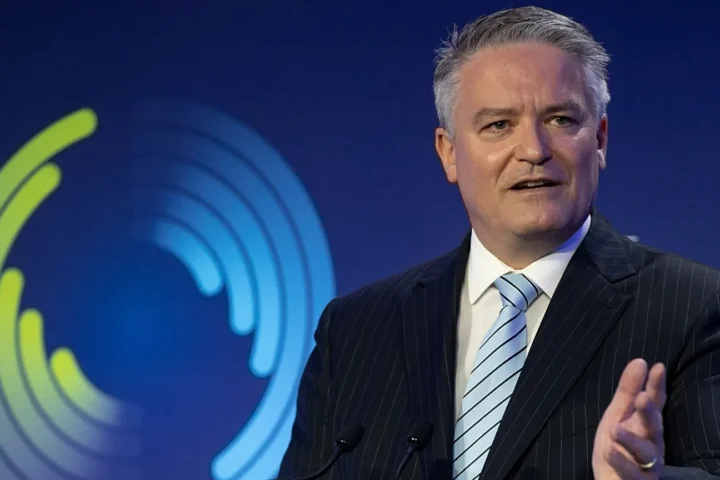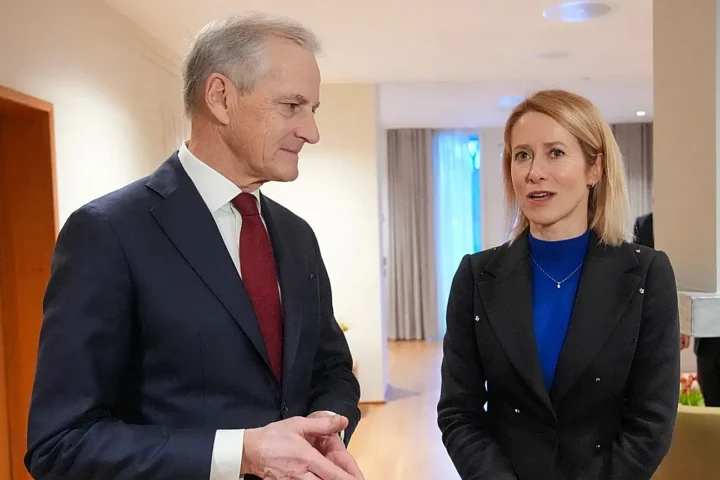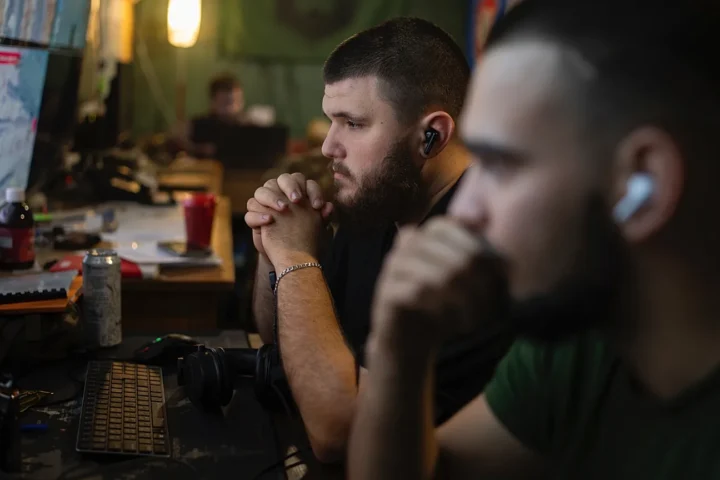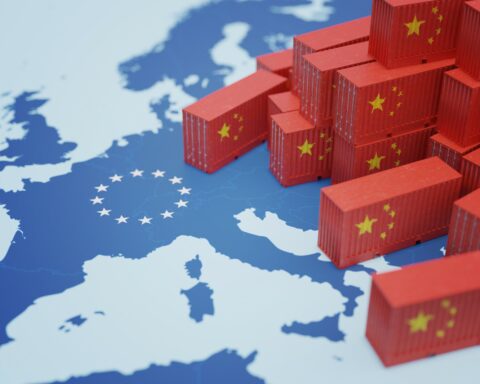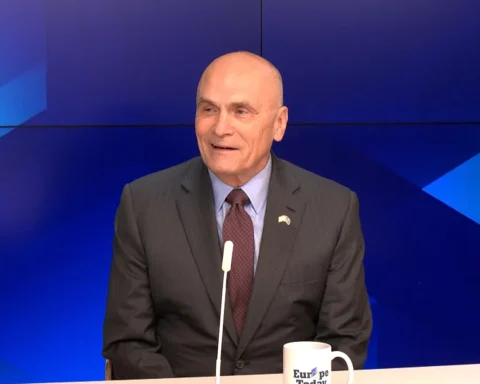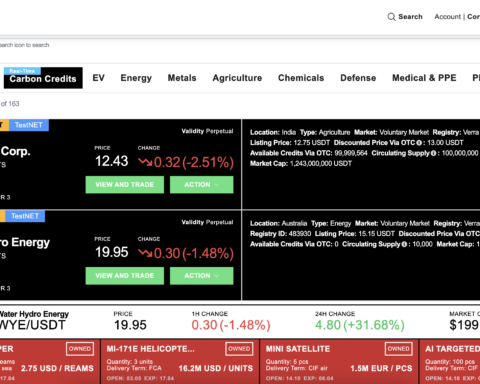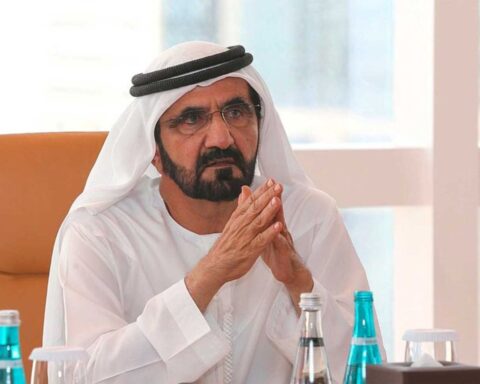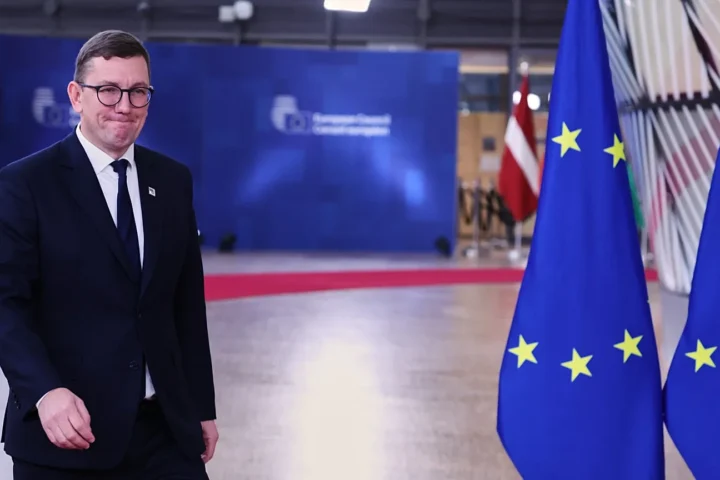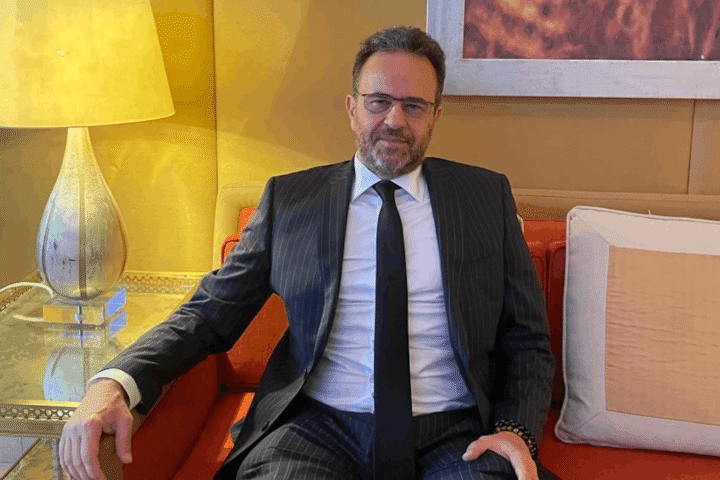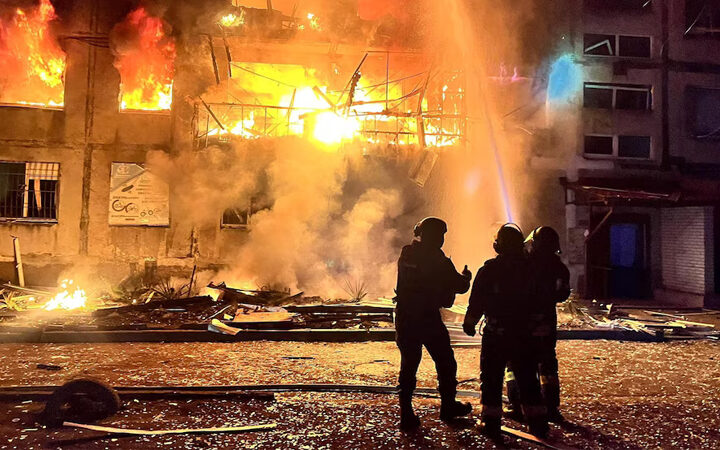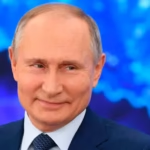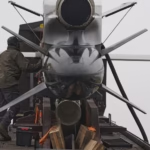Russian President Vladimir Putin has issued one of his starkest warnings yet in the ongoing war in Ukraine, declaring that any foreign troops deployed to Ukrainian soil would be considered “legitimate targets” for Russian forces. The statement comes amid reports that Kyiv’s Western allies are weighing deeper military support, including the possible deployment of training missions or limited contingents, to bolster Ukraine’s defenses against Moscow’s grinding offensive.
The Warning from Moscow
Speaking in Moscow to senior defense officials, Putin asserted that the presence of NATO or other foreign combat troops in Ukraine would fundamentally alter the conflict and justify direct Russian military retaliation.
“Any foreign military personnel operating on Ukrainian territory will be treated the same as Ukrainian forces. They will be legitimate targets for our armed forces,” Putin said, underscoring Russia’s red lines in the conflict.
The remark follows weeks of speculation that some NATO members, particularly France and Poland, have been discussing the possibility of sending military trainers or advisors into Ukraine to accelerate Kyiv’s capacity to field new recruits and integrate advanced Western systems.
Western Calculations
So far, the United States and most NATO allies have been cautious about crossing what they view as potential escalation thresholds. While weapons, intelligence, and financial support for Ukraine have been extensive—amounting to hundreds of billions of dollars since Russia’s full-scale invasion in 2022—Western leaders have publicly ruled out deploying combat troops.
French President Emmanuel Macron has been the most vocal among European leaders in suggesting that “nothing should be ruled out,” leaving open the possibility of some form of troop presence in the future. The Kremlin’s warning appears to be aimed at preempting such moves.
Ukraine’s Desperate Need for Support
Ukraine’s battlefield situation has grown more precarious in recent months. Despite Western supplies of long-range missiles, advanced tanks, and artillery systems, Russia has leveraged its larger population and industrial base to press forward in eastern Ukraine. Kyiv faces manpower shortages, with its government pushing for expanded mobilization laws as public war fatigue grows.
Ukrainian officials have quietly urged allies to consider sending specialized trainers and technical personnel into safer regions of the country to speed up the integration of F-16 fighter jets and advanced missile defense systems. While such roles would not amount to combat deployments, Moscow’s statement suggests Russia would not distinguish between them and front-line soldiers.
The Escalation Risk
Analysts warn that Putin’s remarks highlight the ever-present danger of miscalculation. Even a limited NATO presence inside Ukraine, intended strictly for training or logistical support, could draw Russian strikes and trigger a direct confrontation between Moscow and the West.
“This is part deterrent, part threat,” said one European security analyst. “Putin wants to scare NATO out of even considering a footprint in Ukraine. But it also underscores how narrow the margins are for escalation.”
International Reaction
The White House reiterated that the U.S. has no plans to send troops into Ukraine, emphasizing that Washington’s support will continue to focus on weapons, intelligence, and financial assistance. NATO Secretary General Jens Stoltenberg likewise downplayed the prospect of combat troops, though he reaffirmed the alliance’s long-term commitment to supporting Ukraine.
In Europe, reactions were more varied. Officials in Warsaw and Paris reiterated that all options remain on the table, while Germany and the U.K. stressed the need to avoid steps that could trigger direct conflict with Russia.
Conclusion: A Dangerous Line in the Sand
Putin’s declaration that foreign troops in Ukraine would be treated as legitimate military targets signals a dangerous red line, one that could sharply escalate the war if crossed. For Ukraine, the warning underscores the fragility of its position—dependent on Western aid yet constrained by the geopolitical risks its allies are willing to shoulder.
As the war drags on with no end in sight, the prospect of foreign boots on the ground in Ukraine may remain remote. Yet Moscow’s threat serves as a stark reminder: in this conflict, even limited steps carry the potential for global repercussions.
